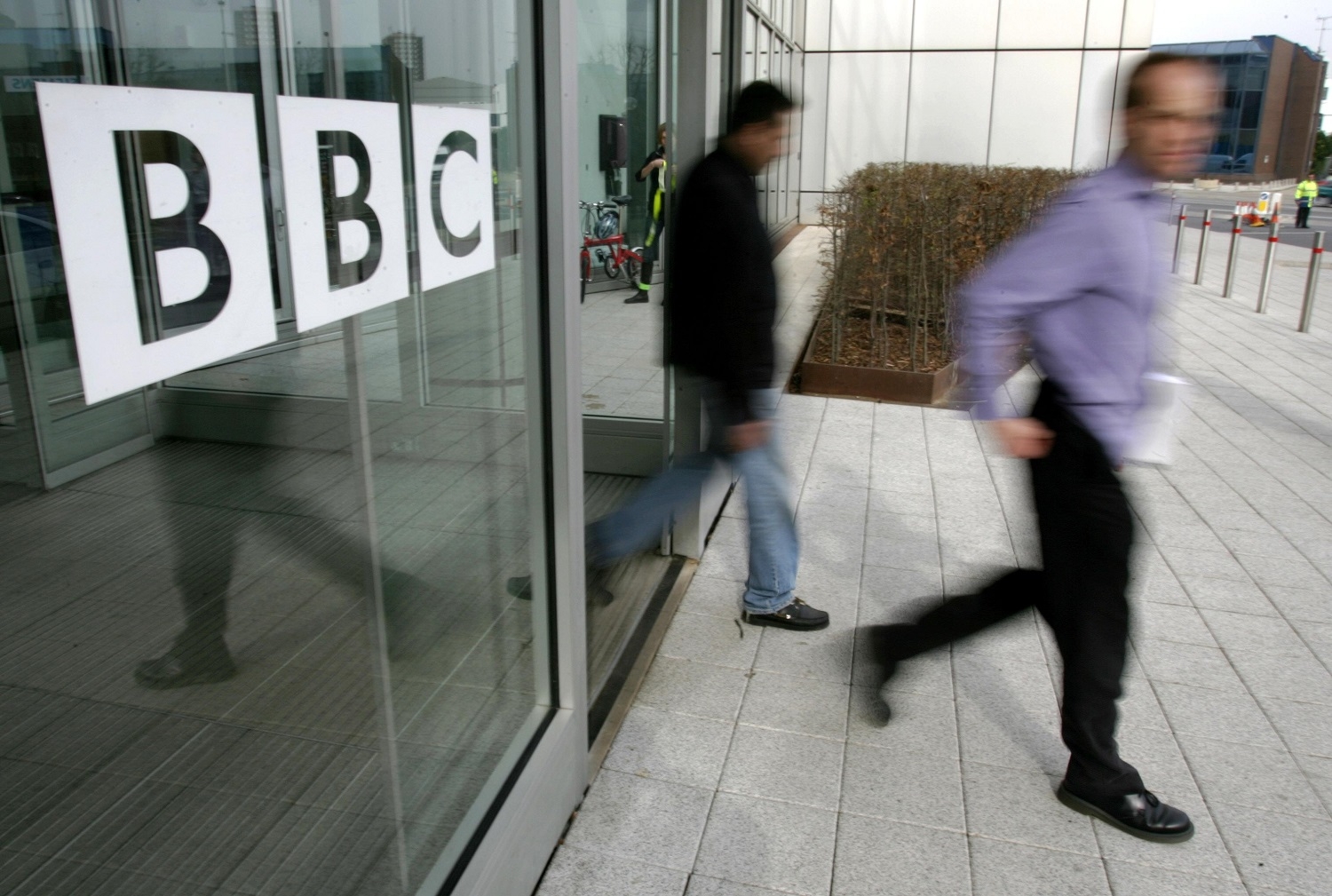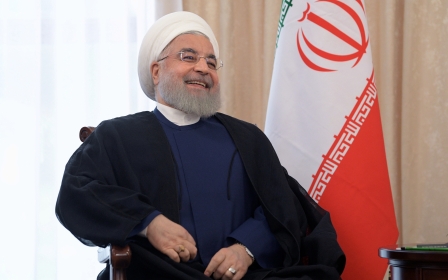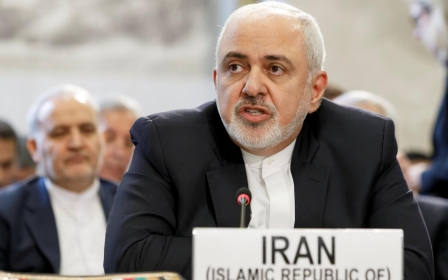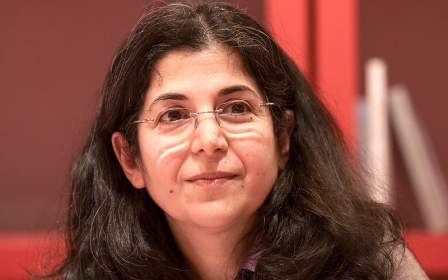BBC accepts Iran reporting restrictions in exchange for access: Report

The BBC agreed to not translate or publicise any of its English reporting from Iran through its Persian service in exchange for access to the country, a new report has revealed.
Internal emails leaked to the Huffington Post, sent to all BBC Persian staff by a BBC Persian digital editor, showed the BBC had agreed to the restrictions demanded by the Iranian government on how the service reported and used its social media platforms.
BBC Persian broadcasts to an audience of approximately 100 million Persian speakers around the world. Its staff in London and their families have been targeted by the Iranian government and the Shah, who ruled the country before the Iranian revolution in 1979.
It remains unclear who inside the BBC agreed to the restrictions but the reports mark the corporation's English-speaking presence in the country for the first time in five years.
Iran regularly imposes restrictions on foreign media companies when they report from inside the country, often assigning a minder to oversee their operations.
New MEE newsletter: Jerusalem Dispatch
Sign up to get the latest insights and analysis on Israel-Palestine, alongside Turkey Unpacked and other MEE newsletters
The country ranks 170 out of 180 on the World Press Freedom Index compiled by Reporters without Borders. The NGO notes that at least 860 journalists and citizen journalists have been imprisoned or executed since the 1979 revolution.
The BBC for its part has signposted and stated clearly in its reports that a minder had been present during its reporting from Iran. In a statement, the BBC admitted to agreeing to the restrictions in exchange for access to the country at a "pivotal time" as tensions continue to escalate between Tehran and Washington.
"We accepted some limitations on this occasion in order to provide our audiences with rare insights from inside the country and this is signposted in our coverage," the BBC said in a statement to the Huffington Post.
"As ever, the BBC maintains full editorial control over what we broadcast. These reports - our first from inside Iran in 5 years - do not change our unwavering commitment to our BBC Persian staff and their families, who have suffered completely unacceptable harassment from the Iranian authorities since 2009."
Other emails obtained by the Huffington Post also showed the BBC agreeing to similar reporting restrictions in 2017 after it agreed to not publicise any reports on BBC Persian from a BBC Arabic journalist inside Iran.
Last year, the BBC said it had appealed to the United Nations in Geneva to protect the human rights of its journalists and their families.
BBC director-general Tony Hall made the UN call after it had failed to persuade the Iranian authorities to end the harassment of its BBC Persian staff.
Middle East Eye delivers independent and unrivalled coverage and analysis of the Middle East, North Africa and beyond. To learn more about republishing this content and the associated fees, please fill out this form. More about MEE can be found here.




